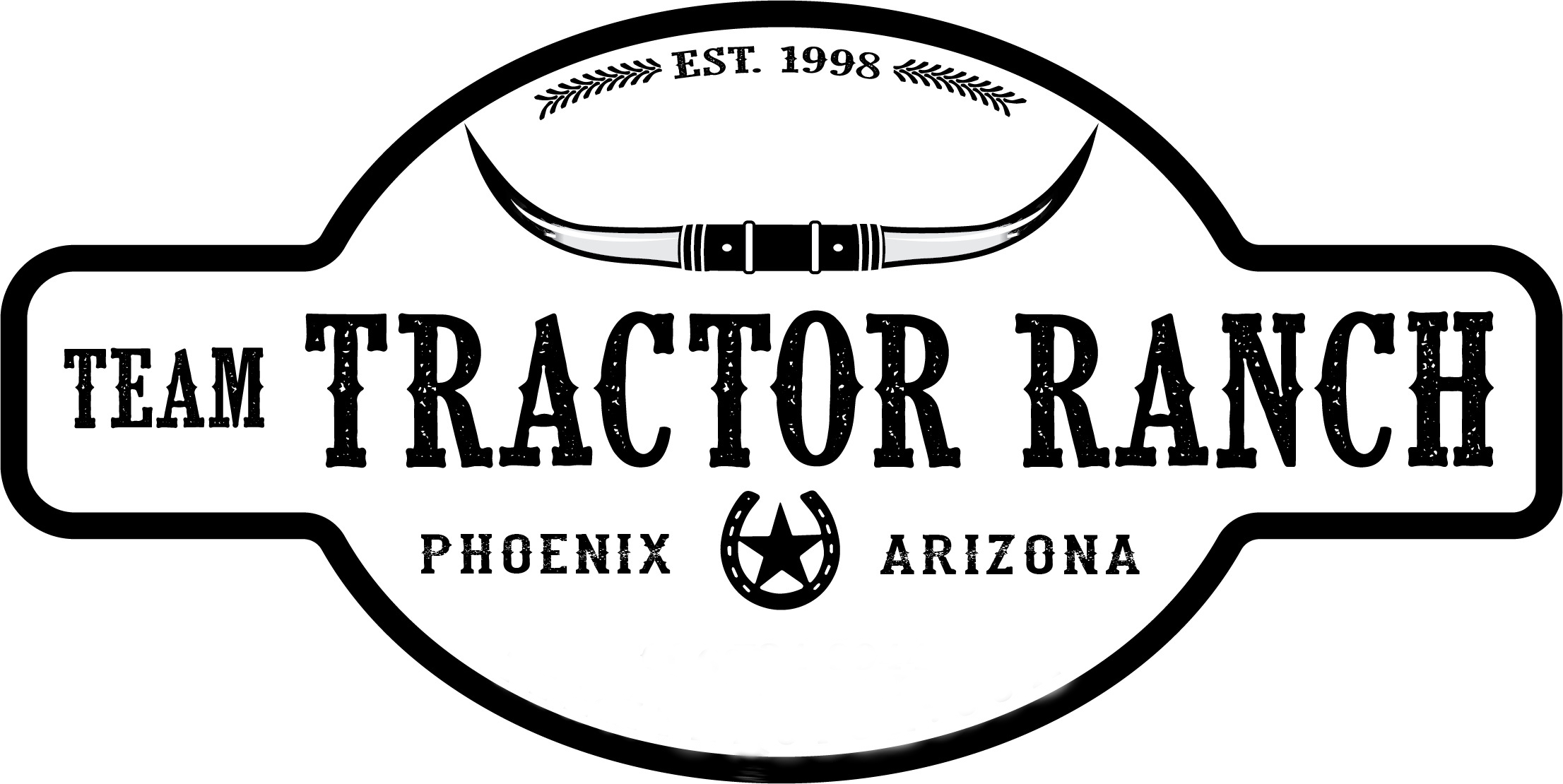Tractor Wheels Explained
There are several types of tractor wheels, each designed for specific purposes and terrains.
Agricultural Wheels have diagonal treads angled at 45 degrees, which allow the tractor to move quickly through mud and soil by providing the required traction. The wheels are also designed with small sidewalls to reduce loping and swaying when carrying heavy farming equipment.
Turf Wheels have shallow treads and are designed for use on grassy surfaces. They are ideal for mowing grass and performing routine garden chores, but they are not suitable for wet conditions such as mud or snow, as their shallow treads can quickly clog and reduce traction.
Industrial Wheels have shallow and wide traction tread bars and are designed for use on hard surfaces such as concrete and asphalt. They are stiffer and more resistant to puncture compared to other wheels, making them very versatile.
There are numerous types of Application-specific tires, each uniquely engineered to deliver optimal performance in particular applications and conditions. For example, R1/R1W (Ag) tires are commonly used in agricultural applications, while R4 (Industrial) tires are designed primarily for use on hard surfaces like pavement and gravel.
It is important to choose the right type of wheel or tire for your tractor to ensure optimal performance and safety. Matching the tire tread to the terrain in which it will operate is a simple way to increase tire life and improve the performance of your tractor by providing it with the attributes you value most, such as traction, ride quality, fuel efficiency, and impact on the ground.
Choosing the right tractor wheel for a specific task requires considering several factors, including the size of the tire, soil conditions, tasks to be done, and the type of terrain.
Here are some steps to follow when choosing the right tractor wheel for a specific task:
- Determine the size of the tire required for your tractor.
- Consider the soil conditions you will encounter. For example, if you will be working in muddy or wet conditions, you may need a tire with deeper treads to provide better traction.
- Consider the tasks you will be performing with your tractor. For example, if you will be mowing grass, you may need a tire with shallow treads designed for turf.
- Consider the type of terrain you will be working on. For example, if you will be working on hard surfaces like pavement and gravel, you may need an industrial tire with wide and durable treads.
- Choose an application-specific tire tread that matches the terrain in which it will operate. This is a simple way to increase tire life and improve the performance of your tractor by providing it with the attributes you value most, such as traction, ride quality, fuel efficiency, and impact on the ground. It is also important to note that two-wheel tractors need front tires while 4WD tractors need matching front and rear tires.
By following these steps, you can choose the right tractor wheel for a specific task and ensure optimal performance and safety.
If you need any further help or have any questions about service, tractors, implements, or anything else equipment-related, please contact your dealer, local mechanic, or call us at 602-734-9944. Please ask about our current new and used tractor supply.
If you are looking for old, vintage, classic, or new tractor parts, send us a part request.
Team Tractor Ranch - #1 Tractor Dealer in Arizona. We sell and service most major brands of tractors including Yanmar, Kubota, John Deere, TYM, Mahindra, Kioti, Case, New Holland, Massey Ferguson, Ford, Deutz, Case IH, Farmall, International Harvester, Branson Tractors, LS, Shibura, Claas Tractor, McCormick Tractors, Valtra, Solis, YTO, Montana, and Nortrac.
